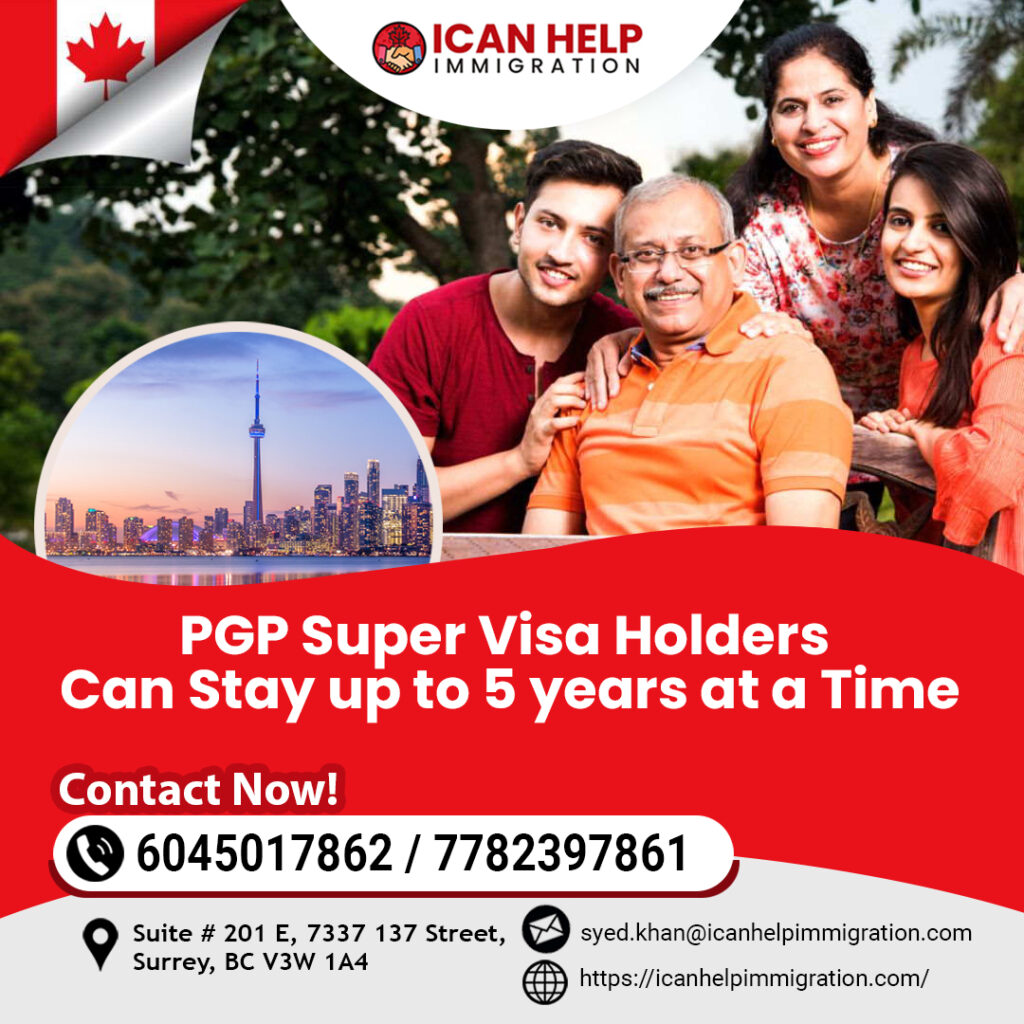The Student Direct Stream program is aimed at international students who apply for a study permit via Designated Learning Institutes (DLI). This is an opportunity for international students looking to study at a Canadian designated learning institution (DLI) and their study permit is processed expeditiously. Eligible candidates can get their study permit application processed by the IRCC within 20 calendar days.
The biggest advantage offered by the SDS is the efficient and fast processing time of 20 days as opposed to 2 months; the time it takes for a normal visa or study permit to be processed.
Under this pathway, the entire application process is online, making it easier for international students to apply. All international students applying need to meet the eligibility of a study permit as set by the IRCC.
In this article, we will include everything you need to know about the SDS program,
including a detailed outline of the application process.
Advantages of moving to Canada as an international student:
As the Canadian government continues to attract international students, the study and work climate is more welcoming and offers advantages over other nations. Canada has a strong hiring employment market due to the current labor shortage. It is a diverse multi-cultural country that welcomes immigrants from all walks of life and has one of the lowest crime rates in the world. It offers an exceptional education system with many social welfare programs that are focused on education and training to help people get highly skilled jobs. It is a beautiful country with a plethora of natural resources and a bustling population of wildlife.
Canada currently has more than 500,000 international students enrolled in the country. This is because Canada offers a world-class education, incredible career opportunities, and permanent settlement in Canada.
Canada offers many advantages that most countries do not offer, including: International students in Canada are allowed to work for 20 hours per week during a semester and have a full-time job during vacation or breaks between semesters. The international student can bring their spouse or common-law partner along with them to Canada. Their spouses and common-law partners can obtain an open work permit, and work for any employer without any hour restriction. They can also bring their children to Canada, and enroll them in a public elementary or secondary school without needing a study permit.
What is a DLI?
A DLI is a program approved by a provincial or territorial government to host international students. A study permit is needed for an international student to study in Canada for more than six months. Students who graduate from Designated Learning Institution (DLI) can complete their studies and work in Canada for three years by obtaining an open post-graduation work permit. International students can also count the time spent on a study permit towards citizenship residency days requirements.
List of eligible countries:
In order to participate in SDS, the candidate should either be from one of the participating countries:
- Antigua and Barbuda
- Brazil
- China
- Colombia
- Costa Rica
- India
- Morocco
- Pakistan
- Peru
- Philippines
- Saint Vincent and the Grenadines
- Senegal
- Trinidad and Tobago
- Vietnam
What are the eligibility requirements and required documents for the SDS?
- Proof of completed ‘Application for Study Permit’ along with an admission or acceptance letter from the Designated Learning Institute.
- Meet the Language requirements set by the IRCC:
Candidates must have proficiency in English, French, or both. The candidate must pass a language test taken not more than 2 years from the date of application from an IRCC approved agency and meet the minimum language requirements.
A score of IELTS 6.0 or above in English in the following skills:
- Listening
- Reading
- Writing
- Speaking
If the candidate is applying under the French language, they must pass the Test d’Evaluation de Français with the following scores
- expression orale – 310
- compréhension de l’oral – 249
- compréhension de l’écrit – 207
- expression écrite – 310
These scores are equivalent to the Canadian Language Benchmark score of a minimum of 7 points.
- Show proof of fulfillment of medical assessment by a Panel Physician
- Proof of full payment of tuition fees for the first year of pursuing the degree along with the receipt from DLI, an official letter of confirmation of payment of the first-year fees and a receipt from the candidate’s bank
- Show proof of all current secondary / post-secondary education transcripts
- Complete the Family Information form (if applicable)
- Provide proof of identity
- Provide Statutory Declaration of Common-law Union (if applicable)
- Complete the Custodianship Declaration (if applicable)
- Fill out the Use of a Representative Form (if applicable)
It is important to keep in mind that a study permit is not equivalent to a visa. To enter the country the candidate will still be required to show an electronic travel authorization that is issued to them by the IRCC along with the study permit.
The application fees for SDS starts from $150 and it is strongly recommended that the candidate submit their application at least three months prior to the proposed date of travel.
What is a GIC and how to obtain it?
A Guaranteed Investment Certificate is a short-term deposit investment issued/sold by Canadian banks or trust companies with an assured rate of interest over the given time period.
While applying for the SDS, the candidate needs to show proof of having approximately $10,000 CAD per year to cover their living expenses. This does not include the tuition fee. This requirement can be fulfilled by purchasing a GIC from the Canadian Deposit Insurance Corporation or from any financial institution listed on the IRCC SDS website.
Upon purchase of the GIC, the candidate gets the following documents:
- GIC certificate
- Letter of attestation
- Investment Balance Confirmation OR
- Investment Directions Confirmation
Until the candidate arrives in Canada, the funds are held by the bank in an investment or student account, with the investment being inaccessible for release to the candidate until their arrival in Canada.
Once they enter Canada, the bank verifies their identity and releases an initial disbursement of the funds to the candidate, with the remaining funds released to the candidate in installments for the next 10 to 12 months.

